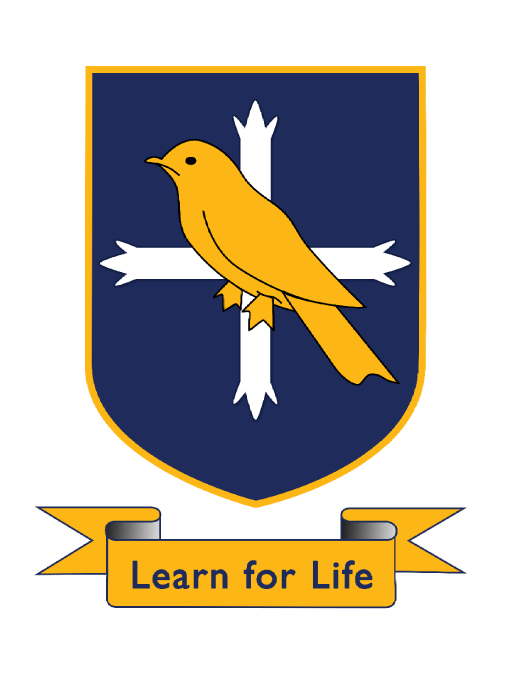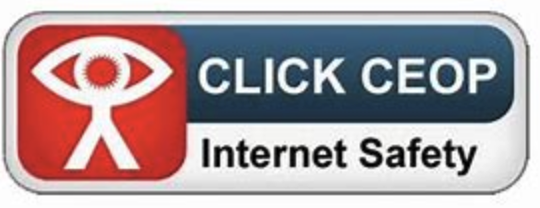INTENT
How do you know who you are unless you know where you’ve come from? How can you tell what’s going to happen, unless you know what’s happened before? History isn’t just about the past. It’s about why we are who we are – and about what’s next.
St. Edward’s pupils study many different aspects of the past from ancient civilizations through to more modern history. Our curriculum is planned to ensure pupils investigate the social, cultural, religious and ethnic diversity of the societies studied.
History at St Edward’s Academy allows pupils to explore an array of historical sources that will challenge, inspire and excite them. Our curriculum planning ensures pupils have the opportunity to develop a secure chronological understanding of the past whilst engaging with historical concepts: pupils are taught to evaluate how much changed; the causes and consequences of events; to consider the significance of events and why there are different interpretations of the past.
CURRICULUM OVERVIEW
KEY STAGE 2
In Year 5, pupils learn about the Roman Empire and its impact, the lives of the Vikings and Saxons and begin to learn key concepts such as monarchy, power, trade and empire. In Year 6, we look at change (1750 -1900), what it was like for children at work nationally and in the local area and the significant people who campaigned to improve the lives of other Victorians.
KEY STAGE 3
In Year 7, pupils learn about life in England before the Norman invasion and after it; why William won at Hastings and the consider the changes brought about by the conquest. They look at the differences in people’s beliefs and what it was like to live in other parts of the medieval world. Finally, in Year 7 they learn about the development of democracy from the time of King John and the Magna Carta.
In Year 8, pupils learn about the changes made to the church by the Tudors and the consequences – the Spanish Armada and the execution of Mary Queen of Scots. They consider why the Three Kingdoms went to war in 1642 and then why there were revolutions in America and France. In the summer term, pupils focus on what the British Empire was, its consequences and the Transatlantic Slave Trade.
LEARNING JOURNEYS
ASSESSMENT
Teachers use a variety of approaches to monitor pupil progress. This will include day to day classwork, classroom contributions, short answer quizzes and home learning.
When appropriate, pupils will also complete more formal assessments such as evaluations of sources or longer written answers or essays. These will be linked to the content covered in lessons and reflect the concepts taught. This may mean answering a why question, looking at both side or an argument and reaching a conclusion or writing a narrative to explain what happened. For example, in Year 5 pupils explain why Boudicca was seen as a hero and a villain; in Year 7 why historians have different interpretations of King John; in Year 8, ‘Why was Mary a threat to Elizabeth?’ is a causation essay with paragraphs and explanation of the causes.
CULTURAL CAPITAL AND PERSONAL DEVELOPMENT
Through History, pupils are encouraged to consider how the knowledge and skills they are developing will help prepare them for their future and the world of work.
History lessons are linked to British Values. For example, challenging stereotypes or learning about the development of democracy. Learning is linked to our work as a Rights Respecting School: in Y6 pupils learn about Victorian child labour and in Y8 the Transatlantic Slave trade.
We also take part in national events such as Holocaust Memorial Day, Black History month and LGBT history month.
Y6 Cornwall trip to Falmouth Maritime Museum and Geevor tin mine
Y7 Workshops from The Holocaust Educational Trust and Holocaust survivor speaker
Y8 Visit to the Imperial War Museum North Salford Quays
Y8 Visit to International Slavery Museum, Liverpool


